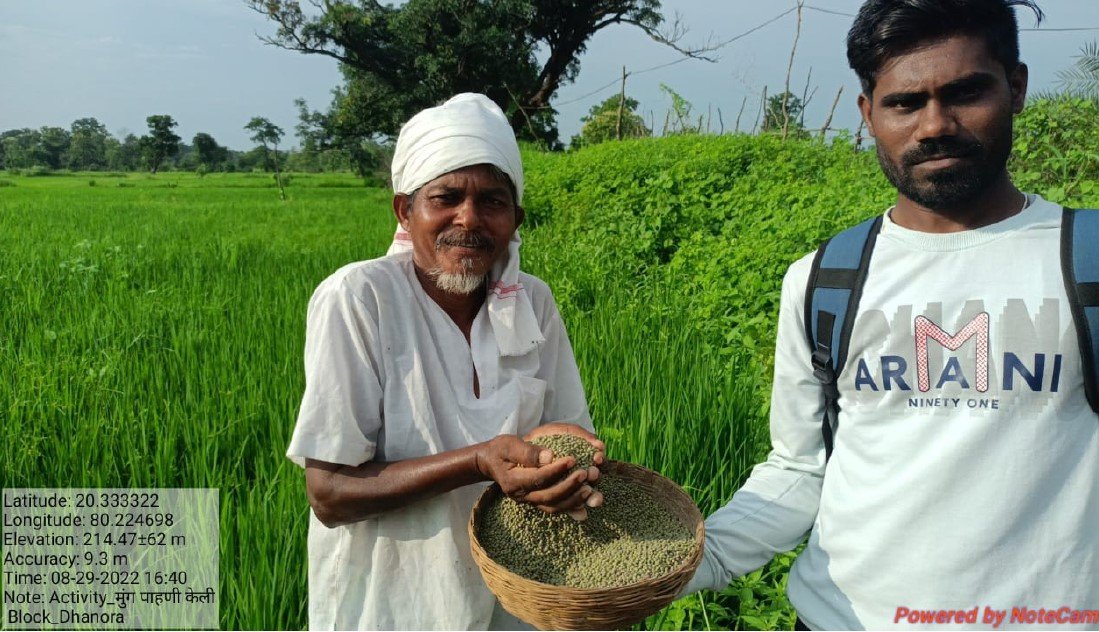Thirteen states, 98,000 villages, 5.15 million families. The impact of BISLD’s livelihood programmes has been significant in the years since it was established. The organisation was founded in 2012 in close association with BAIF Development Research Foundation, with the aim of creating opportunities for gainful self-employment among rural families. Such opportunities, in turn, aim to ensure not only sustainable livelihood for the rural poor, but also a more enriched environment to improve their quality of life.
BISLD works to achieve these goals through an integrated approach of rural development and environmental conservation, focusing on skill development, use of local resources and climate-smart technologies, and facilitation for value chains of farm produce. Most importantly, it roots all its programmes in community participation, allowing them to serve specific needs of each family, village and local area.
The range of BISLD programmes include livestock development, women’s empowerment, formation and strengthening of local self-help groups, development of organic, climate-sensitive farming and the transfer of agricultural technologies.
The project supported by MFE:
(Tribal Utthan): Unlocking potential and positively impacting livelihoods and development process in aspirational districts of Gadchiroli, Maharashtra
This project, supported by MFE for a term of five years, focuses specifically on developing livelihoods in a cluster of 22 villages in Maharashtra, in the Dhanora block of Gadchiroli district. Gadchiroli is one of Maharashtra’s most undeveloped districts, with large-scale poverty among its largely-tribal population.
The primary goal of the project is to double the average income of at least 2,335 households in Dhanora: 2,135 small marginal farmers, and 200 landless families. Other project goals include improving the community’s quality of life, ensuring water security in their region, reducing their vulnerability to climate change, skills and capacity building for youth and tribal households, and creating a model of development in the aspirational district.
To meet these goals, BISLD has designed a four-pronged approach. First, to introduce resilient and sustainable agricultural practices in 360 hectares of farmland, in order to reduce the cost of cultivation by 12% and increase crop yield by 25% to 35%. The organisation aims to educate at least 2,000 farmers through “field schools” demonstrating, for instance, how to cultivate crops using residual moisture or how to optimise the trellis method for growing vegetables.
Second, to implement water conservation and harvesting practices in 750 hectares of land. Third, to set up 600 “nutritional gardens” to improve the nutrition and health of tribal women. The fourth approach is to facilitate entrepreneurship and enabling self-employment by setting up 12 micro-enterprises, which would train at least 120 participants from the community.


